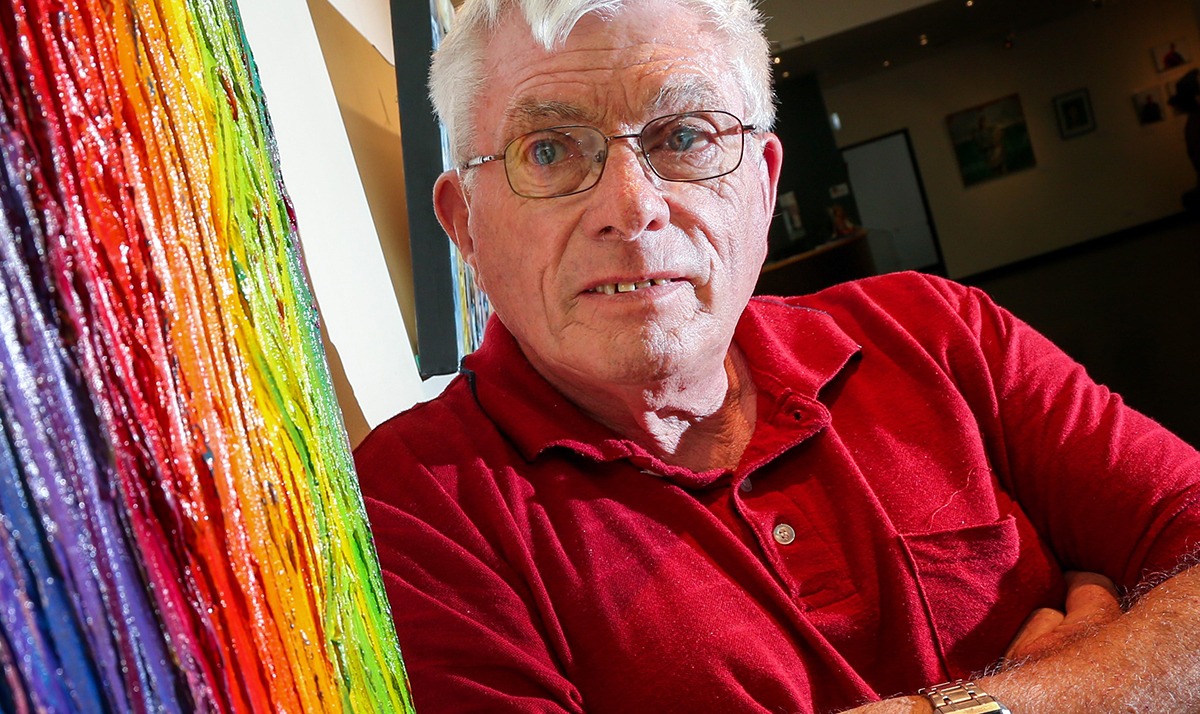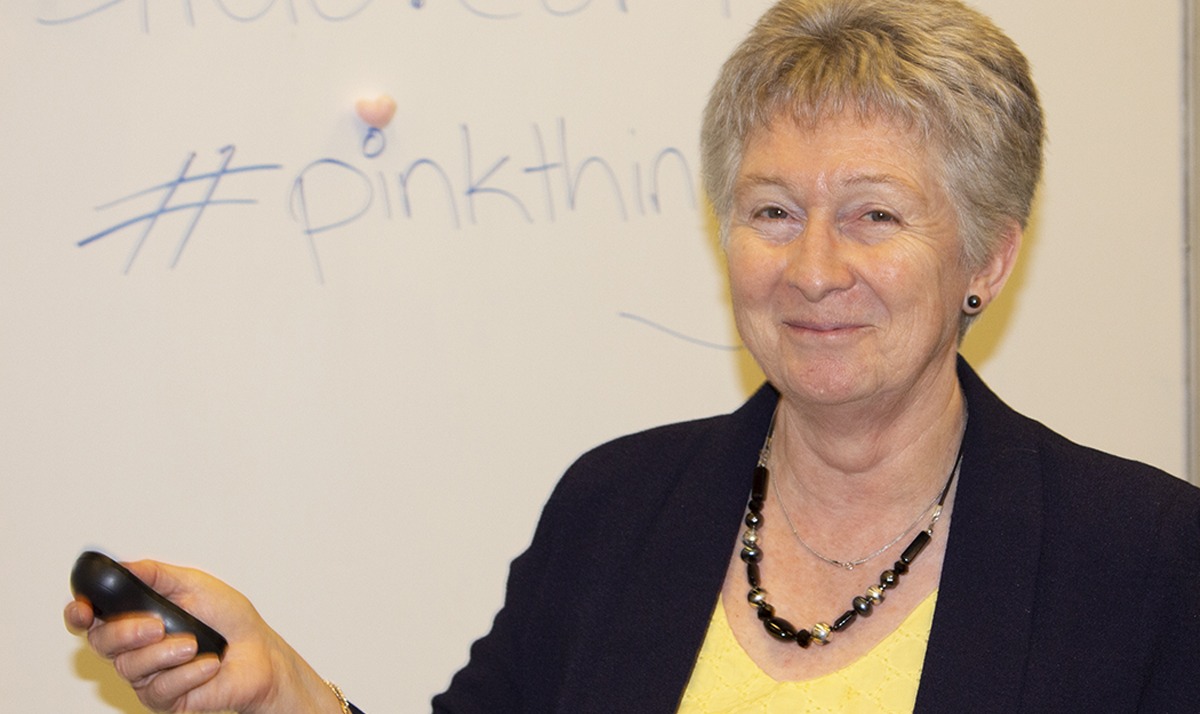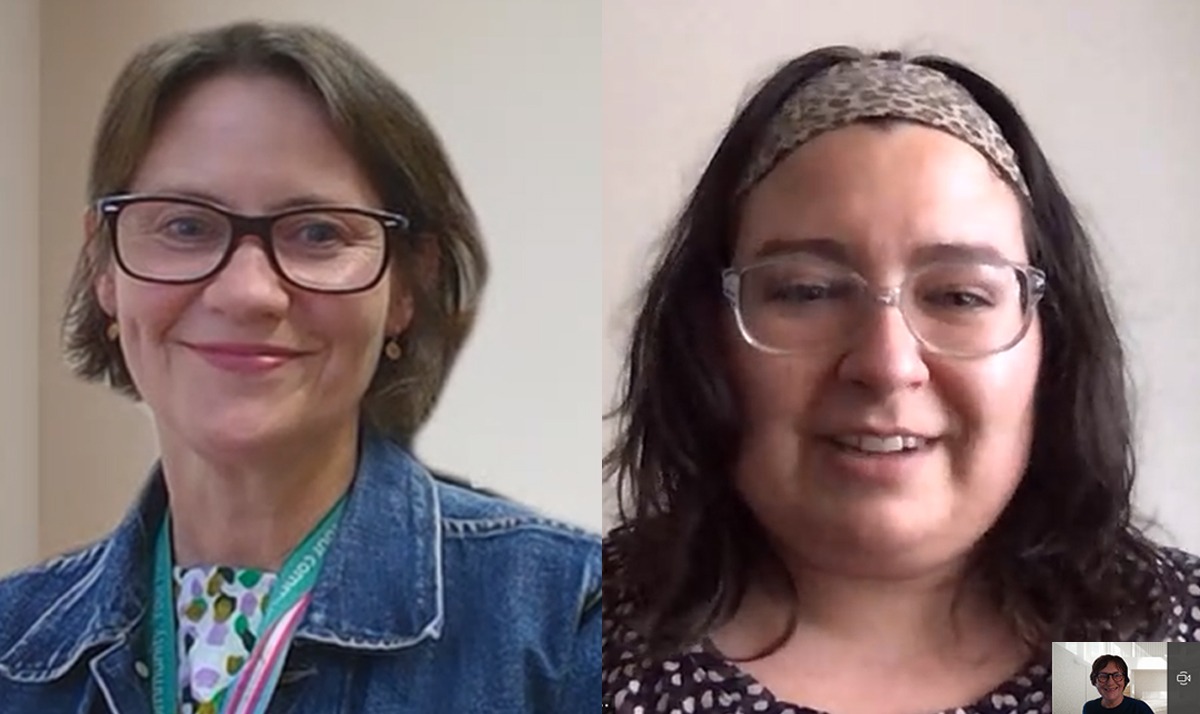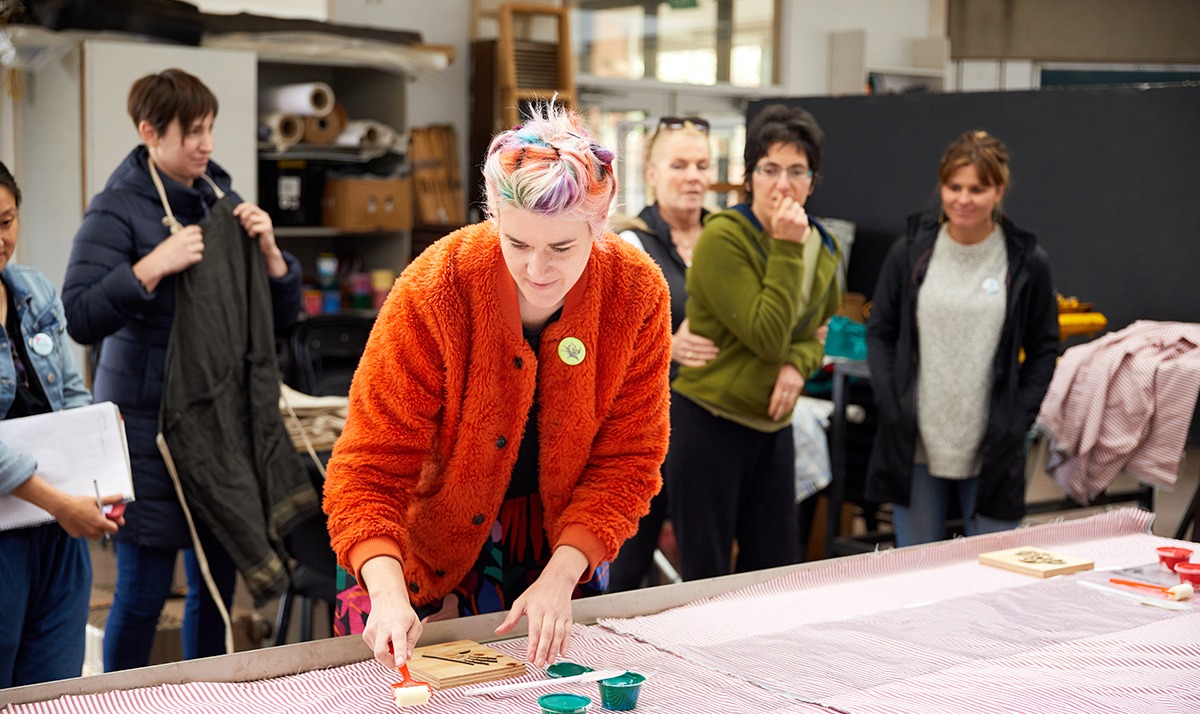Partnership is the answer
When you change the system for one, you change it for everyone, according to Julian Conlon.
And he should know; he’s seen it happen. Julian was part of a seismic shift that saw LGBTQI acceptance and recognition go from being largely unconsidered across the health system to receiving its own awards. His local health service, Peninsula Health, received the Rainbow Tick in 2017 thanks to the efforts of Julian and his peers.
“The Rainbow Tick is the highest category of recognition for delivering the highest standard of LGBTI acceptance and recognition,” Julian explains.
“And that happened because we worked very hard on it.
“It’s also helped to emphasise the very similar situations that many diverse groups live in. It brought to a head racial discrimination, religious discrimination and a whole lot of other factors in our community that needed to be recognised so it really was a gateway issue.”
Julian has been serving as a consumer representative for many years. He first entered the space because of his own personal experience.
“I was diagnosed with HIV over 30 years ago and have been a constant patient ever since, so I have experienced most aspects – inpatient, outpatient, hospital in the home,” he said.
“I became a consumer rep at Peninsula Health ten years ago first with their LGBTIQ group then served on lots of other committees.”
Hand-in-glove partnership
Julian said the most important aspect of consumer repping is the partnership.
“It’s vital that anything to do with consumers at any stage is a partnership between the consumers and the professionals,” he says emphatically.
“Consumers cannot do it on their own and health professionals cannot do it without consumers’ input. It cannot be an ‘us and them’ situation.”
He said he had growing concerns about the impact of Covid-19 on the partnerships that had been forged so far.
“I’m very concerned about the situation we are in currently and also recovering in the longer term. We’ve had virtually six months or longer of very little face to face consumer-professional partnership across the organisation, although high level committees with consumer representation have continued virtually,” he said.
“I’ve had Zoom meetings but we are not able to do hands on work at the hospital. I am not able to go to the hospital, not able to talk to people”.
“At the end of this pandemic, however long that is, we are going to have to pick up the threads of the relationship between the consumers and the professionals and it will have changed. Some of the change will be beneficial but some will be hard to take, especially if most of our interaction is virtual.”
A steep learning curve
When he first started as a consumer rep, Julian said he was thrown in the deep end.
“When you first start, you haven’t got a clue what anyone’s talking about,” he said.
“You come in with a lot of ideas and recognising that people are living with a number of issues and problems but in the early days, I didn’t know what I was doing.
“Over time, you learn you need to acknowledge the system before you can start changing it. It’s a rewarding process.”
Ten years on, he’s learned much and grown much and is ready to pass the baton onto the next crop.
“The learning process is still the same,” he says.
“I met recently with a person who had just come into the group and his comment was it was all totally over his head and he couldn’t get over how much I knew and how much I was able to communicate.
“I gave him the sheets from my presentation at Health Issues Centre to show him that eight years ago, I was the same.”
The one thing Julian keeps front of mind when working with the system is a quote he once found – the origins of which he can no longer remember.
“This is what I focus on and it’s what I share with the new ones – ‘If it can’t be done, we want to know why’”, Julian says. “That’s all it boils down to.”






